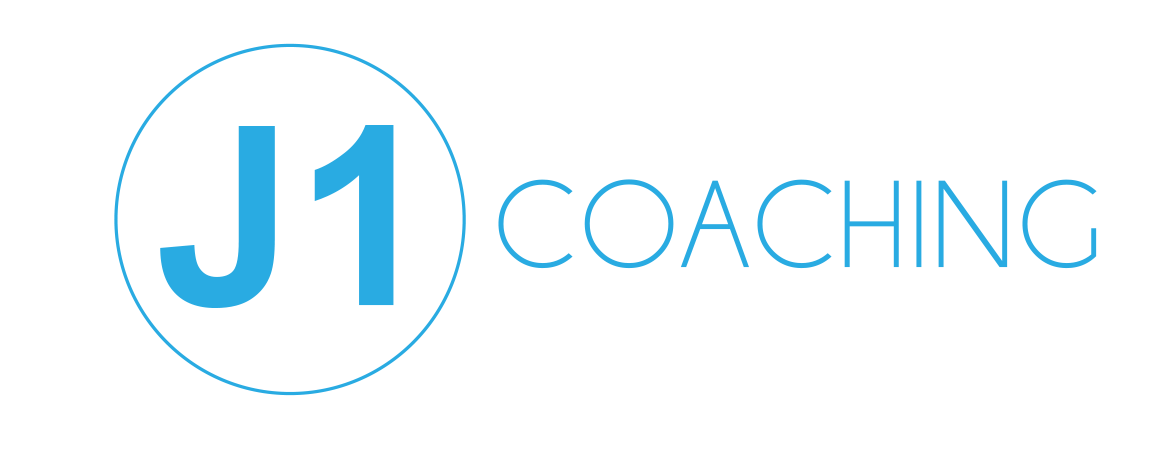Learning
When we learn as toddlers it’s largely unconscious. Learning as young children can be exciting. Learning at school can be a painfully self-conscious experience. Learning in later life can be fulfilling.
We could use many words to describe our learning at different times in life. Learning, as a thing, has the capacity to delight, bore, enthuse, deflate, gratify, motivate.
Whilst the historian (my Dad) might have said “all there is to learn is the history you don’t already know” the psychologist(?) might say “all there is to learn is the self-awareness you don’t already have”.
As someone who breezed through school, managed 6th form ok and struggled a bit at university, I feel very lucky to have joined a training team at work in my early thirties. It began a rich, continuous and ongoing love of learning about all sorts of things: technical things - that were relevant once but not now - things about people that have been endlessly absorbing and things about myself which I doubt I would have learnt otherwise.
Some of this learning has been self-directed, some of it heavily influenced by others and much of it random!
In that first training role I was introduced, through a CIPD Certificate in Training Practice qualification, to the Kolb learning cycle: Actively experiencing and feeling (something) which leads to reflecting and observing on that experience/feeling, which in in turn leads to thinking and concluding which then leads to planning, experimenting and doing (something), and therefore back to experiencing again.
How fantastic. Providing you do enough doing, reflecting, thinking, concluding and planning (and doing again) you cannot fail to learn.
In my experience some of us have a preference here which means it’s helpful to be mindful of what we might naturally otherwise miss. If you are a whirlwind of activity, then pausing to reflect, enough, can be invaluable. If you are a natural reflector, then pushing yourself to try something can be extremely rewarding.
In the second half of life, learning takes on a different importance and value. Learning in order to get somewhere, to keep up at work, to keep up with others, to reach a bar or goal has pretty much passed. As has the ease of learning that comes with youth when reading and retaining knowledge came much easier!
This short blog is intended to encourage you and others – if needed - to stay open to the satisfaction that learning can bring.
As the 2008 UK government Foresight report on ‘Mental capital and wellbeing”, one of the five ways to mental wellbeing” is to “Keep learning: Try something new. Rediscover an old interest. Sign up for that course. Take on a different responsibility at work. Fix a bike. Learn to play an instrument or how to cook your favourite food. Set a challenge you enjoy achieving.”
I have read a definition of learning* that uses a metaphor of falling in water and asking what is the best way to stay up? The first answer is to float, or tread water. But the teachers answer is to swim! Move forward. In a direction. And the moving forward keeps you steady, and in equilibrium. And has the advantage that you might get somewhere.
I like this definition. To me it means that to keep well, to stay on course, is to keep learning. It doesn’t mean you have to do a masters degree (though you could). It does mean keeping an openness, a curiosity and a proactivity, that lead to experiencing the joy and the satisfaction of feeling that you are growing, whatever age you are.
Learning is often to try something new – to be curious about the active experience - and move forward. Curiosity is such a key component. It is a catalyst. Alastair Humphreys, the adventurer and author captures it: “The more I pay attention, the more I notice. The more I notice, the more I learn. The more I learn, the more I enjoy. The more I enjoy, the more I pay attention. This positive feedback loop of learning and loving is what schools dream of generating in the classroom…”
*As told by William Damon in The Path to Purpose
(Photo from Unsplash by Rabie Madaci)
